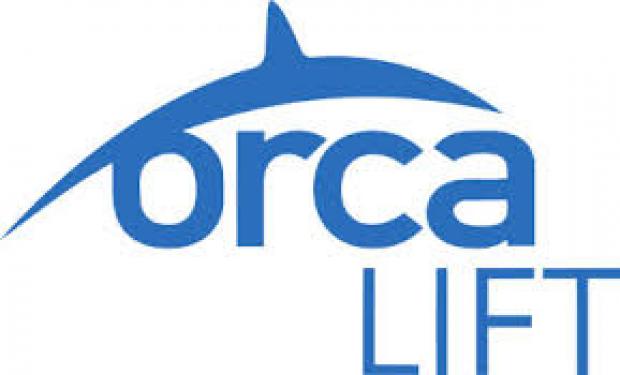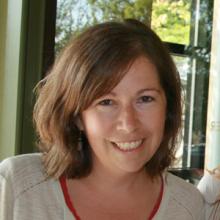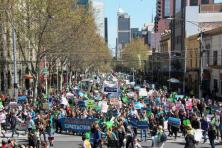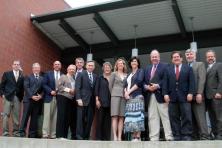
Vancouver, BC has set its sights on 100% renewable energy—not only for electricity but also for heating, cooling, and transportation—joining a global movement of likeminded leaders. Fort Collins, CO resolved to reduce carbon emissions 80% below its 2005 level by 2030 and to achieve carbon neutrality by 2050, in part through making its electricity carbon neutral by 2030. Meanwhile, the municipal utility of Georgetown, TX has contracted for 150 MW of solar that will make its electricity supply fully renewable.
Energy Knowledge is Power
Would you buy or lease a building without knowing what your energy costs would be? As Climate Solutions’ Jenna Garmon blogged last week, Portland, OR joined Berkeley, CA, Atlanta, GA, and 11 other local governments in the U.S. to require commercial building owners to report annual energy use, with the goals of making that information available to the building market and motivating investment in energy efficiency.
Washington State already has a law requiring commercial building energy benchmarking but lacks enforcement and technical assistance, therefore resulting in zero compliance to date. Unfortunately, a bill to strengthen the law did not survive the 2015 legislative session.
King County isn’t waiting for policies to be in place. Through a partnership with Microsoft, MacDonald-Miller, and ICONICS, facility managers will soon be able to see where they are wasting energy, why, and what to fix. In 2013, the City of Seattle and Seattle 2030 District launched a similar pilot, thanks to an i6 Green Challenge grant from the US Department of Energy and US Economic Development Administration, in collaboration with Puget Sound Regional Council and South Seattle College.
To learn more about city innovation in energy efficiency, check out the Institute for Market Transformation, which does a great job advising cities and states on how to create building energy benchmarking and transparency policies hand-in-hand with energy efficiency education and financial incentives.
Here Comes the Sun

The Northwest Solar Communities program has increased residential solar installations by 200% since 2013 in the Puget Sound cities of Bellevue, Edmonds, Kirkland, Mercer Island, and Seattle. Washington Governor Inslee recently praised this partnership of local governments, utilities, and solar industry stakeholders for making government processes friendlier to solar business.
To the south, California’s urban rooftops, parking lots, and landfills could support more than enough solar power for the state’s needs, without encroaching on wildlife habitat, according to a Stanford University study.
Internationally, France now requires that solar panels or greenery partially cover all new commercial roofs, and Jordan plans to install rooftop solar on all 6,000 of the country’s mosques.
Utility Leadership in Electric Vehicle Adoption

Back in Puget Sound, Seattle City Light is partnering with Rocky Mountain Institute, Nissan, and the University of California-Davis to drive customer electric vehicle (EV) adoption, with a focus on assessing EV infrastructure needs, creating business value for the utility, and promoting customer EV adoption. RMI’s eLab Accelerator, which hosted the City Light workshop, convenes cross-sector teams to scope and plan innovative electricity projects.
Soon Washington utilities are likely to have incentive to demonstrate EV leadership, as Washington legislators in both houses have endorsed a bill allowing a 2% rate of return to utilities on capital investment in EV charging.
Affordable Transit, Less Carbon

As of March 1, in an economic justice initiative that also reduces carbon, King County is offering reduced fares for lower-income bus riders with the new ORCA LIFT program, similar to a San Francisco pilot. ORCA LIFT earned coverage in both theWashington Post and The New York Times, which noted that King County has “two and a half times San Francisco’s population, and [is] aiming for enrollment numbers San Franciscans could only dream of.”
Upcoming Events
- April 30, 2015: The sixth annual Seattle GoGreen Conference will address how business and government decision-makers can lead on sustainability at the Washington State Convention Center in downtown Seattle.
- May 4, 2015: Ceres President Mindy Lubber will keynote Climate Solutions’ annual breakfast at the Westin Seattle.
- May 13-15, 2015: The Renewable Cities Forum in Vancouver, BC will convene city leaders and professionals working to transition urban areas to 100% renewable energy and energy efficiency.





